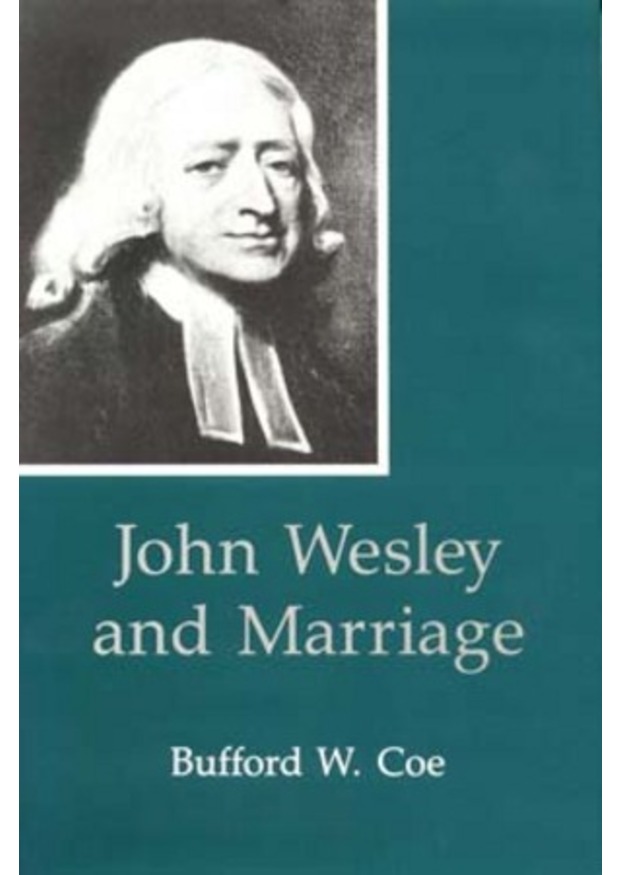In this book, a Methodist minister examines the sources of John Wesley's ideas about marriage and shows how those beliefs found expression in the cleric's revision of the Anglican wedding service.
Author Bufford W. Coe describes the radical differences between a typical eighteenth-century wedding and a church wedding of today. He also tells the fascinating story of Wesley's romances with Sophia Hopkey and Grace Murray, based on his own private diaries, and shows how those relationships, as well as his miserably unhappy marriage, were affected by Wesley's beliefs about matrimony.
Four days after Wesley decided he would marry at the age of forty-seven, he spoke to a group of unmarried men and encouraged them to remain single. In the matrimonial service he devised for American Methodists, Wesley eliminated the custom of the bride being given in marriage by her father, although Wesley consistently taught that Christians should not marry without the consent of their parents. Wesley strongly condemned the Roman Catholic Church for requiring celibacy of its priests, but his own rules required that Methodist preachers who married during their initial probationary period were thereby disqualified.
In 1784, Wesley published The Sunday Service of the Methodists in North America with Other Occasional Services. Coe studies the components of Wesley's marriage liturgy from the Sunday Service to try to determine why Wesley revised the Anglican wedding service in the way that he did.
The first chapter examines the legal context of marriage. Unlike today, when most legal aspects of marriage in the U.S. are handled by public officials, the church in the eighteenth century was responsible for such matters as publishing the banns and issuing a license.
Chapter 2 describes the setting for the marriage, including the places where weddings might be held, the people who might attend, the times in which weddings might occur and Wesley's policy in regard to the place of music in worship. In chapter 3, Coe examines the dispute between Anglican and Puritan theologians over which of the three purposes of marriage listed in the Book of Common Prayer was most important. The difference of opinion was symptomatic of some strikingly different beliefs regarding the nature of marriage, especially in regard to the question of divorce and remarriage. There were many clergy, including Wesley, who believed that celibacy was preferable to marriage.
Chapter 4 deals with the choice of a marriage partner and explores such questions as how should one choose a spouse and what role one's family should play in the choice. Chapter 5 deals with married life as expressed in the wedding vows and the prayers offered for the couple, and it also studies how Wesley's beliefs about married life affected his unhappy relationship with his own wife.













